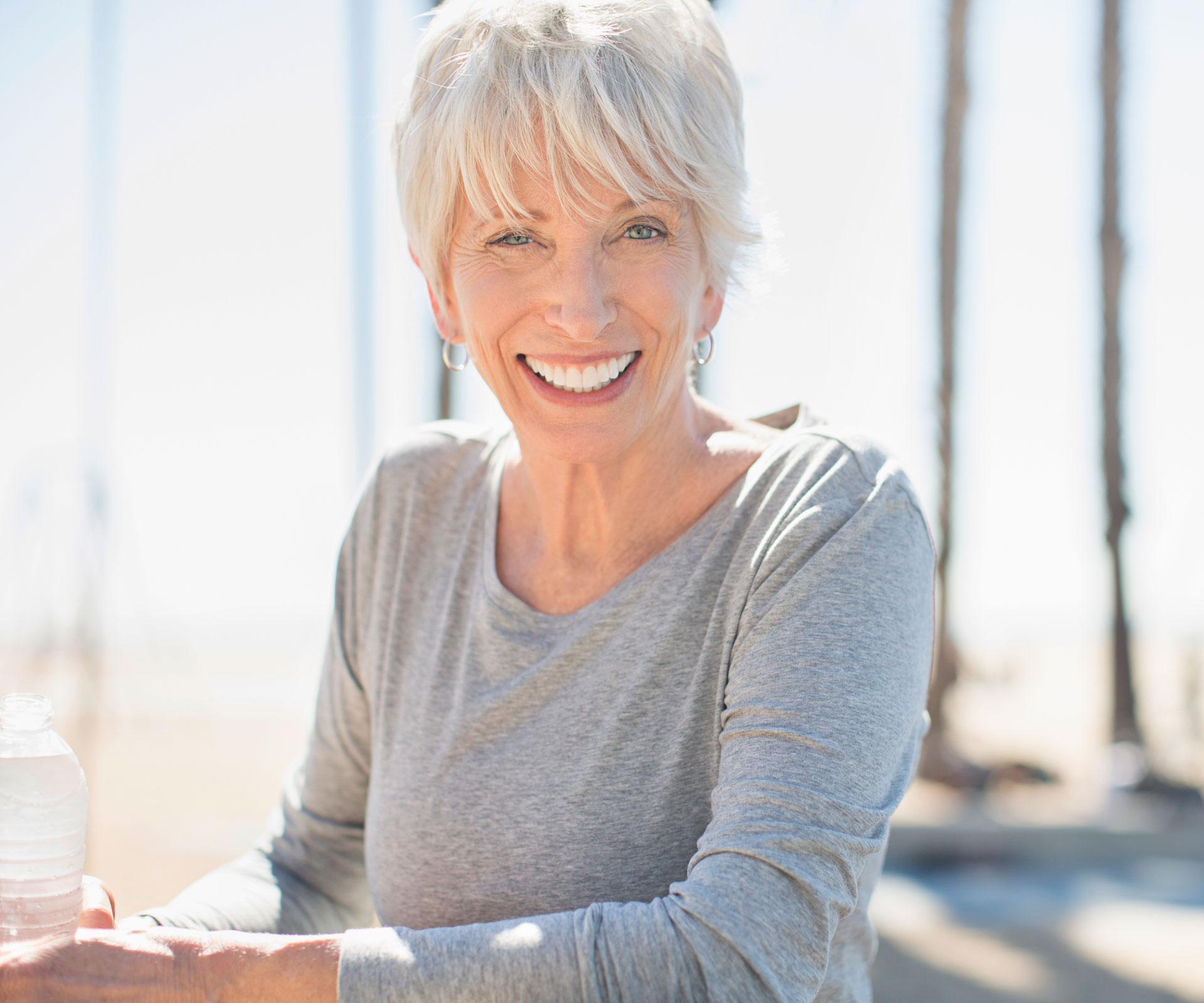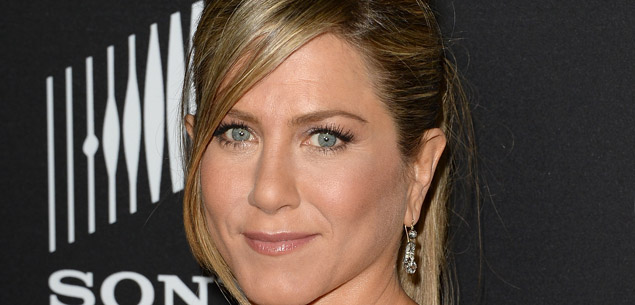Keep physically active
One of the best ways to ensure healthy ageing of the body and brain is through exercise, says neuroscientist and psychological researcher at Auckland University Dr Donna Rose Addis. “Not only because it reduces blood pressure, helps with cardiovascular health and reduces stress, but also because it promotes brain health by increasing blood flow and oxygen delivery to the brain.”
Furthermore, it was recently discovered that exercise increases neurogenesis (brain cell regeneration) in the hippocampus, the part of the brain that regulates the release of the stress hormone cortisol.
Dr Addis says for people who are burnt-out, the hippocampus becomes less effective; studies have shown this also affects memory performance.
“We used to think that once brain cells died that was it – but we now know you can grow new ones. Exercise increases blood flow and you end up replenishing cells in the brain. The hippocampus is very sensitive to changes in oxygen and you can actually show increases in hippocampal volume from exercise.”
Eat a healthy, natural, balanced diet
Despite having a diet industry worth millions of dollars, our weight continues to increase, with New Zealand recently named the third fattest nation in the world. Dr Hamish Jamieson, a medical specialist and researcher in the health care of older people, says the key with any diet “is that it is sensible and you stick to it”.
He recommends eating protective foods such as fish, vegetables and nuts, and says some studies are hinting at certain foods increasing life expectancy. For example, the Nurses’ Health Study and Health Professionals Follow-up Studies of 110,000 participants showed nut consumption is associated with a reduced mortality. The research followed participants over a 30-year period and found those who had one serving of nuts per week had a mortality rate seven per cent lower than those who did not eat nuts. And the higher the nut consumption, the bigger the benefit – those who ate nuts more than seven times per week had a 20 per cent reduction in mortality. While further research is needed, nuts were shown to reduce death from all causes, but specifically from cancer, heart disease and respiratory conditions.
General practitioner and holistic health care specialist Dr Helen Smith says there is a shift away from refined and processed food to a diet with less chemicals and more wholefoods.
“It is a return to traditional ways of eating – and that is not really a fad, it is a re-education. In the 1950s and 60s there were a whole lot of new foods – like margarine, new oils and packaged foods. Now people are recognising there’s a lot of diabetes, heart disease, cancer and inflammation in the community, and are returning to a more natural diet.”
High sugar consumption causes inflammation in the body and brain – in extreme cases this can lead to diabetes, which almost doubles the risk of dementia.
“Some people look at diabetes with its high rates of sugar as a model of increased or accelerated ageing,” says Dr Jamieson. “The high rate of sugar in the blood just accelerates age-related damage to the heart, the brain and the liver. Certainly a low sugar intake helps delay age-related changes.”
While obesity is unhealthy in early and middle life, carrying some extra weight in the later years can be positive, says Dr Jamieson. “Often as people are deteriorating, their walking speed slows and their weight decreases – it is a sign of progressive disease in the body. Elderly people who are maintaining or even gaining weight are slightly more protected.”
Stress less
“Anecdotally there is more stress in society,” says Dr Jamieson. “Social media is convenient, but it means people are checking ‘just one more message’; people are working more and parents are going back into the workforce earlier. There are also higher levels of anxiety and depression – it is speculated this is a result of how busy we are and how little time we have to wind down.
“All of these things are always tied together – if you are under stress you are going to see increased metabolic syndrome [a collection of symptoms that can lead to diabetes and heart disease] and inflammation – and we now know that inflammation is bad for you in general but also bad for your brain. It has been linked to increased cognitive decline.”
Dr Jamieson explains that when we are stressed, the body responds by releasing inflamed proteins called cytokines – which become more toxic as we age. “A lot of disease in the body is caused by cytokines. They are useful to the immune system in ridding the body of infection, but with ageing they become overactive and do more damage than good.”
Dr Addis suggests mindfulness as an antidote to modern stress. “It is very important because of its effects on reducing stress and anxiety.
It’s about being in the moment and paying attention to what’s around you – taking information in helps your cognition and engagement and reduces your stress.
“We are overloaded with information, which is stressful in itself because there is too much to filter. We all lead these crazy stressful lives in mid-life, full of deadlines and ferrying kids to a million activities. Having time when you are just sitting with yourself is a really good thing.”
Increase social interaction
Increasingly, social isolation is a major factor in poor health as we age. “People who are isolated from family, sports clubs or churches don’t age so well,” says Dr Jamieson. “Society has changed – 50 years ago people grew up in the same communities as their families, and they would see each other a lot more, but now New Zealand is a very mobile country.”
He warns that retirement can increase isolation, if done too swiftly. “I recommend people decrease hours instead of suddenly retiring, or consider volunteer work. Volunteering helps others but can also create a feeling of well-being for the volunteer.”
Dr Addis points to a study on rats in enriched environments to illustrate Dr Jamieson’s point. “In one version of the study, they took the rats out and held them and petted them – and they found that those rats lived longer and had better brain health.”
Eat less… drink more wine?
With the emergence of the 5:2 and fasting diets, calorie restriction has been in the spotlight, and it appears there may be science behind the fad.
Dr Jamieson says studies on animals have shown calorie restriction is associated with an increased lifespan. “They noticed their inflammatory markers and predictors of lifespan – such as cholesterol and blood pressure – decreased and they lived longer.”
This is thought to be a survival response to get species through times of lack of food. When calorie restriction kicks in, it causes the sirtuin pathway to be activated; sirtuins being proteins that stimulate the growth and function of the energy centre of the cell (mitochondria).
But Dr Jamieson says it is yet to be proved that calorie restriction extends the life of humans, and warns it could affect anxiety and mood levels, and create infection risks.
However, there could be another way. The most powerful activator of the sirtuin pathway is a micronutrient called resveratrol – which is in its highest form in red wine (and in smaller doses in blueberries, blackberries and grapes). Again there is a warning – moderation.
“It is very clear from a large number of studies that a small amount of alcohol does no harm – in fact, one to two units per day may be beneficial,” says Dr Jamieson. “But certainly more than that can start to have long-term problems and become a risk factor for heart attacks and strokes.”
Stimulate your brain
Dr Addis says while there is some hype around brain training exercises, keeping the mind active does not have to be complicated.
“My mother is a model of healthy ageing; she walks her dog every day on the beach because she loves it and she challenges her brain by doing things like problem solving in her garden. You don’t have to do online cognitive training tasks – you can go and play bridge.”
And she says make sure the “input into the brain is good” by having things like hearing aids and glasses. “You can’t track what’s going on around you if didn’t hear it in the first place.”
Photos: Getty Images.


